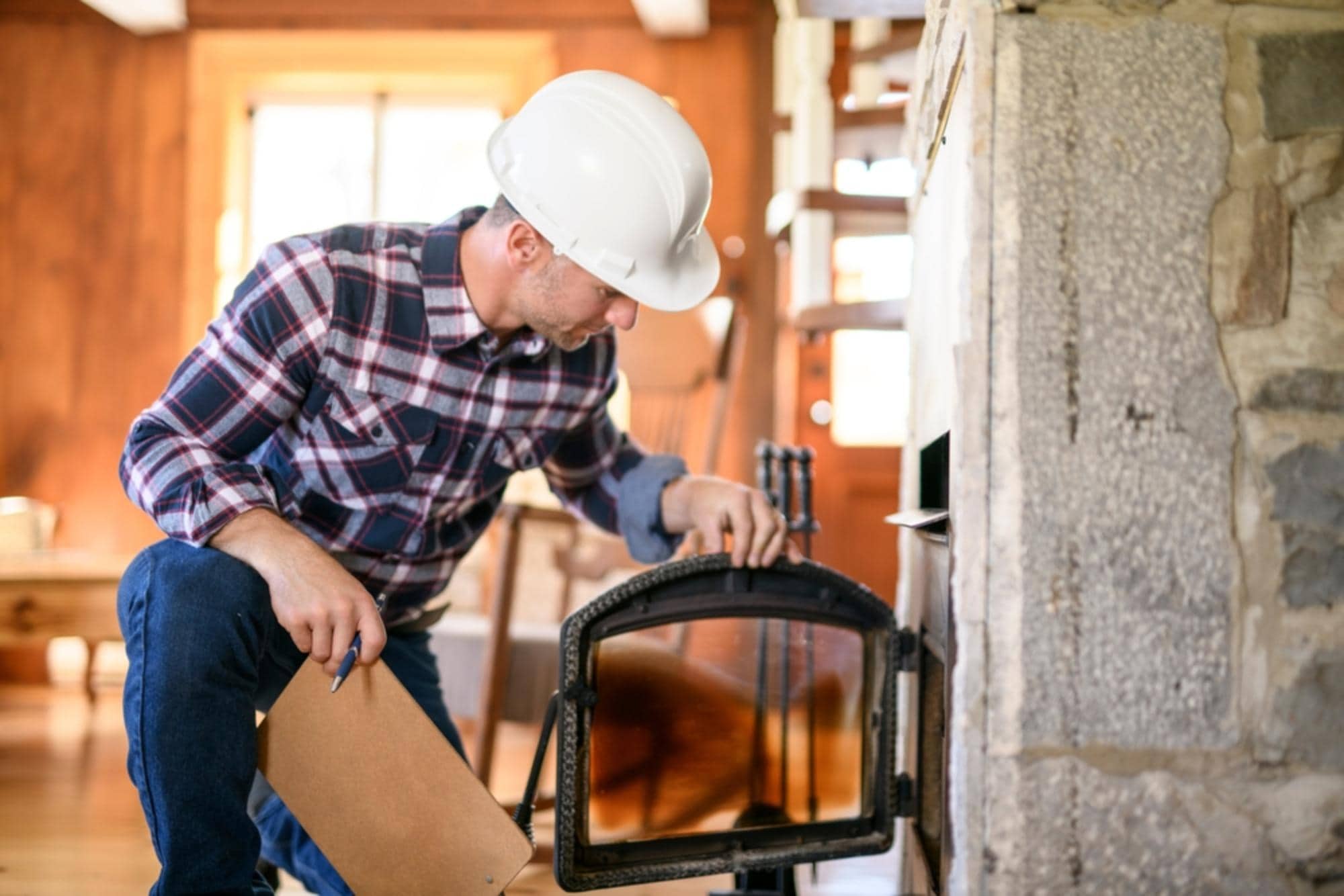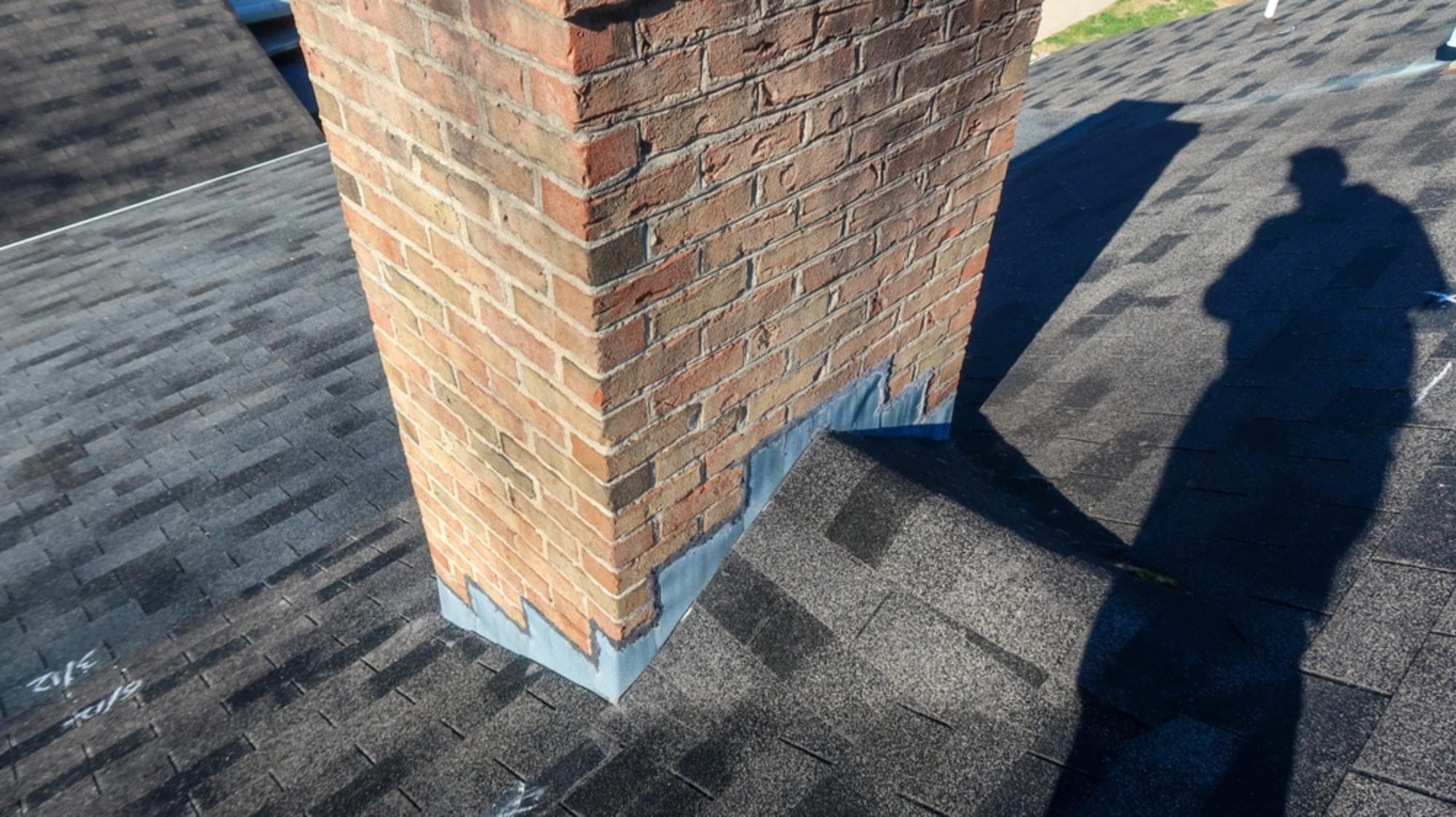Professional chimney inspection that catches problems before they catch fire—protecting what matters most in your East Freetown home.

Hear from Our Customers

You’ll have complete peace of mind knowing your chimney system is thoroughly inspected by certified professionals. No more wondering if that strange smell means trouble or if your fireplace is safe to use this winter.
Our detailed inspection catches hidden problems that could turn into expensive repairs or dangerous situations. You get a clear report showing exactly what’s working, what needs attention, and what can wait—so you can make informed decisions about your home’s safety.
When we’re done, you’ll know your chimney meets all safety standards and is ready to keep your family warm without worry.
Above and Beyond Chimney has been protecting East Freetown families for over 25 years. Owner Todd Ramsey built this company on a simple principle: your family’s safety comes first, and honest work speaks for itself.
Our CSIA-certified technicians know Bristol County homes inside and out. We’ve seen how New England winters test chimney systems, and we know exactly what to look for in older homes and newer constructions alike.
We’re not here to sell you repairs you don’t need. We’re here to give you straight answers about your chimney’s condition so you can make the right decisions for your family and budget.

We start with a comprehensive visual inspection of your chimney system from top to bottom. Our technicians examine the chimney cap, crown, flue liner, and all accessible areas for damage, blockages, or safety concerns.
Using advanced camera technology, we inspect the interior of your flue—areas you can’t see but that are critical for safe operation. This lets us spot cracks, creosote buildup, or structural issues that could pose risks.
You’ll receive a detailed report with photos showing our findings, clear explanations of any issues, and honest recommendations for repairs or maintenance. No surprises, no pressure—just the facts you need to keep your home safe.

Ready to get started?
We offer Level 1, 2, and 3 chimney inspections to meet your specific needs. Level 1 inspections are perfect for routine annual maintenance, while Level 2 inspections are required for home sales or after system changes.
East Freetown’s coastal location means your chimney faces unique challenges from salt air and moisture. Our inspections specifically check for corrosion, water damage, and structural issues common in Bristol County homes.
Every inspection includes checking your chimney cap, flue liner, damper operation, and fireplace components. We also test for proper ventilation and carbon monoxide safety—because your family’s health depends on a properly functioning chimney system.
